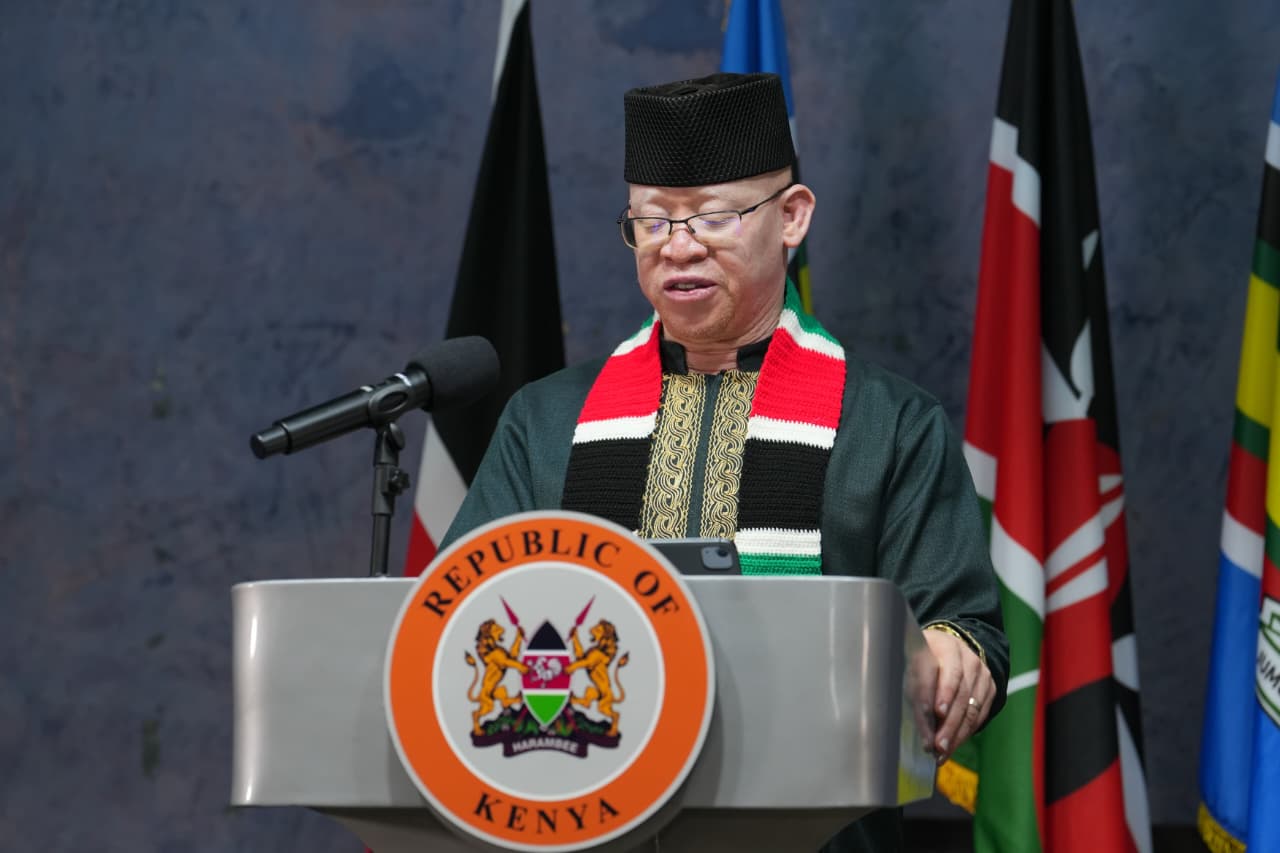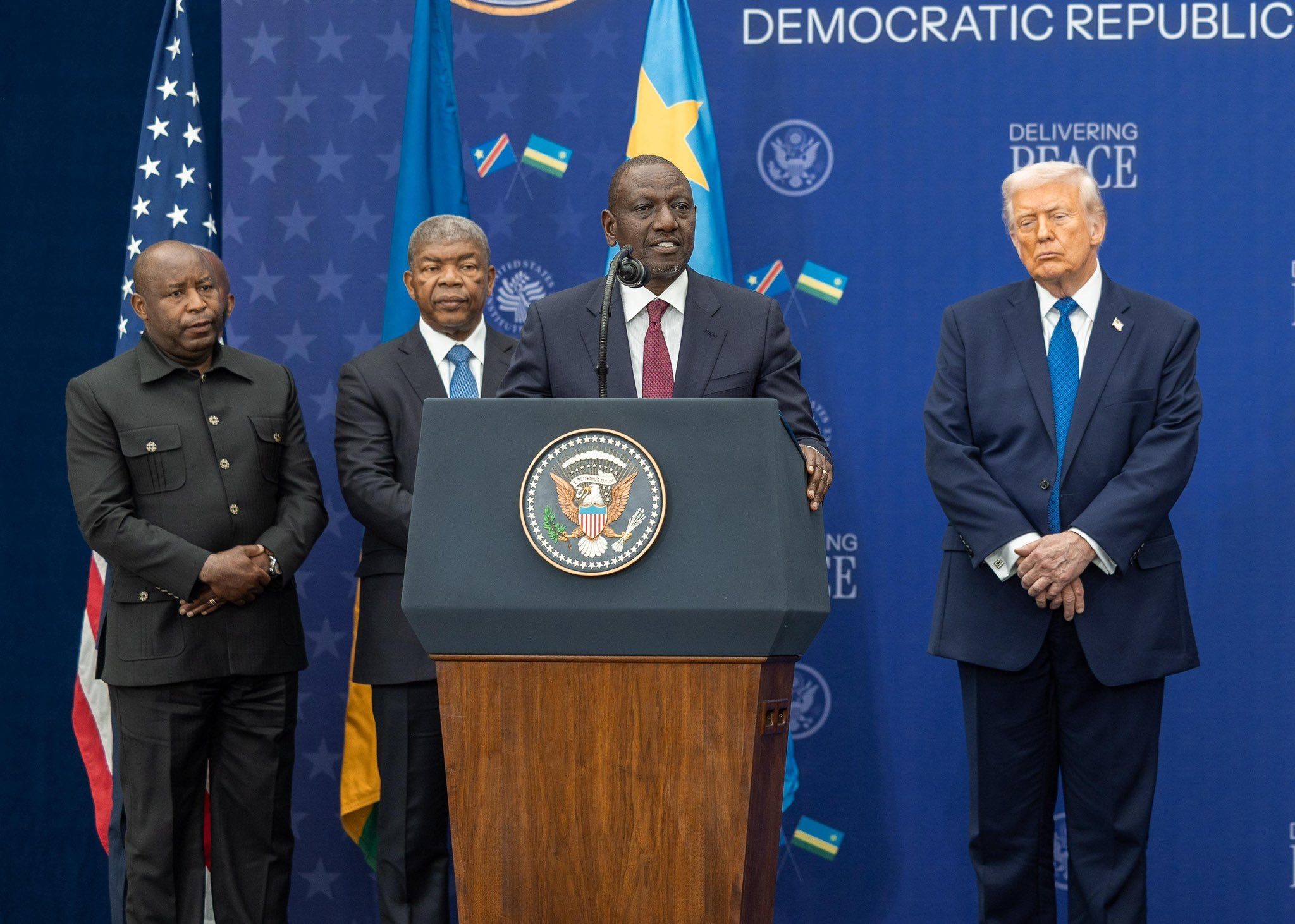

Government Spokesman Isaac Mwaura has assured Kenyans that the newly enacted Computer Misuse and Cybercrimes (Amendment) Act, 2024 will not undermine the freedom of expression currently enjoyed in the country.
Speaking during a press briefing on Thursday, Mwaura emphasised that the law does not grant government agencies unchecked powers to silence dissent, but rather enhances Kenya’s ability to combat the growing threat of online crime.
“Rather, they strengthen Kenya’s capacity to combat real and growing threats such as child pornography, online extremism, terrorism propaganda, cyber-harassment, identity theft and financial fraud,” Mwaura explained.
The Act, signed into law by President William Ruto on October 15, has already drawn legal scrutiny.
A coalition of civil rights organizations and opposition
figures has moved to court, arguing that certain provisions infringe on the
constitutional rights to privacy and free expression.
While the government maintains that the amendments are vital to address evolving cyber threats, critics contend that the law could be used to suppress dissenting voices online.
On Wednesday, October 22, the High Court temporarily suspended the enforcement of key sections of the law pending the outcome of a constitutional petition.
Justice Lawrence Mugambi issued conservatory orders halting the implementation of Sections 27(1)(b), 27(1)(c), and 27(2) of the amended Act, which expand the definition of cyber harassment to include communications deemed “grossly offensive,” “indecent,” or likely to cause “fear or distress.”
“Pending the hearing and determination of this application, a conservatory order is hereby issued suspending the enforcement, implementation, and operation of section 27 (1) (b), (c), and (2) of the Computer Misuse and Cybercrimes (Amendment) Act, 2025,” ruled Justice Mugambi.
The orders followed an urgent application filed by gospel musician and activist Reuben Kigame in conjunction with the Kenya Human Rights Commission (KHRC).
Rights groups have welcomed the temporary suspension, saying it is a crucial safeguard against potential government overreach.
However, government officials insist that the Act merely modernizes Kenya’s 2018 cybercrime legislation to reflect the changing digital landscape and close loopholes exploited by criminals.
The government maintains that the law does not delegate legislative powers or limit fundamental rights and freedoms, noting that it complies with constitutional protections.
However, the petitioners insist that judicial interpretation is needed to clarify the limits of state authority in regulating online speech.
Amendments to Section 30 criminalize the operation of fake websites or messages designed to deceive users into revealing personal information or gain unauthorised access to computer systems.
Convictions attract fines of up to Sh300,000 or three years’ imprisonment, or both.
















